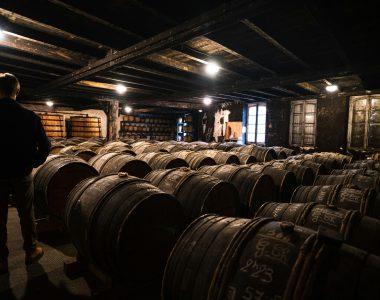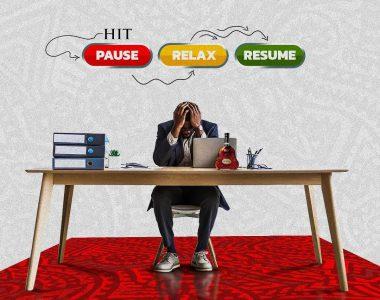The year 2020 started for Nigerians like any other year, the usual long January rolling into February until news about a strange type of disease started to spread round the world. Nigerians paid no mind to it as usual because it wasn’t our problem, it was happening far away and also it was an “Oyinbo” sickness. The first people to test positive for COVID in Nigeria were also Europeans so Nigerians thought they were miraculously protected until the number of positive cases started increasing with a significant number of these cases Nigerians.
The government reacted to the issue in their usual lethargic fashion, declining to close borders with corona hotspot countries until it was too late. On the 30th of March 2020, the federal Government ordered the cessation of all movements in Lagos and the FCT, this restriction also applied to Ogun state due to its close proximity to Lagos state and the high traffic between both states; many other states also ordered curfews to prevent large gatherings at night. The lockdown was supposed to be a containment period used to identify, trace and isolate people that had come in contact with confirmed cases to restrict spreading to other states. Essential workers and services like hospitals and other medical establishments, telecommunications companies, broadcasters, print and electronic media staff who could prove they could not work from home were exempted while all seaports in Lagos remained operational in accordance with issued guidelines. The lockdown lasted for almost 30 days and during this time, the way of life changed, people had to work from home, some organisations had to lay off their workers to balance their books and wearing of facemasks became a norm.
The rapid outbreak of the COVID-19 virus created an alarming health crisis like the world had never encountered before. The effects of the virus outbreak impacted human life, economics, commercial and business activities significantly. Almost all businesses activities around the world was disrupted by the outbreak.
Lock down (Businesses, Events and Celebrations)
The lockdown affected almost all aspects of life, businesses, events and celebrations. Most business especially small businesses had to shut down completely; bars, clubs, eateries, event centres etc. were shut down completely. There were orders that restricted large gatherings of any kind, so places where liquor were usually consumed like music shows, clubs, birthday parties, wedding parties, carnivals etc. were closed.
Supply chains were disrupted due to the lockdown, lack of staff due to the fear of contracting the illness. This impacted the quantity and type of products that were sold and the restocking of these good because most of the markets were closed
Scarcity of Liquor
During lockdowns all over the world, there was a scarcity of liquor due to different reasons in different countries. In the USA, because of lockdown measures people could no longer go to bars and night clubs so they ordered their alcohol from home; beers that would have ended up in kegs at restaurants and bars were being sold in cans for consumption at home, there was extended wait time for can orders by beverage companies so a shortage of cans created a shortage of liquor.
In some countries due to a complete lockdown including restriction of port operations experienced scarcity of liquor because of the stop of importation of goods and local liquor companies also could not get materials readily because of these.
In Nigeria, the disruption of alcohol supply due to corona virus risks, lockdown increased the consumption of dangerous illicit brews. To curb the spread of the virus, the government locked down the country’s commercial hub, Lagos and Abuja the nation’s capital; although food and beverage companies were exempted from the lockdown, alcohol distribution and consumption were severely impacted by the restriction of movement ad shut down of clubs and bars around the country.
Nigeria’s main breweries, international breweries, Nigerian breweries, champion breweries and Diageo reported a fall in their shares during the lockdown. Local liquor retailers also reported reduction of orders and sales. The restriction of travel made it difficult for sales agents to sell products.
In Abuja, in anticipation of the lockdown, sales of beer and alcoholic beverages spiked as customers stocked up in anticipation of the stay at home order.
The scarcity of liquor created fears that Nigerians will turn to illicit bootleg alternatives, already reports claim that more than 20 percent of all the alcohol consumed in Nigeria is illicitly produced.
The scarcity of liquor also led to a general increase in price of alcohol beverages, due to increased cost of production and distribution, the prices increased to balance costs.
Job crisis among the youth and customers during the pandemic
As the lockdown was eased and business started to reopen across the country, there was a new reality that had been created by the COVID-19 pandemic; shorter work hours, pay cuts, lay off and higher unemployment rate.
The hustle for employment became harder after the lockdown due to an increased number of unemployed people. In the liquor industry, bartender, waiters, delivery personnel etc. had been laid off in order to balance books.
A night club bartender who was laid off from his job complained of how hard it had been for him to get a new job and also not having a source of income to survive on. There are millions of Nigerians just like this whose livelihood depends on these businesses and institutions who are having a hard time meeting their basic needs.
-
 Select options This product has multiple variants. The options may be chosen on the product page WishlistFrom: ₦12,500.00
Select options This product has multiple variants. The options may be chosen on the product page WishlistFrom: ₦12,500.00 -
 Select options This product has multiple variants. The options may be chosen on the product page WishlistFrom: ₦50,000.00
Select options This product has multiple variants. The options may be chosen on the product page WishlistFrom: ₦50,000.00 -
 Select options This product has multiple variants. The options may be chosen on the product page WishlistFrom: ₦5,833.00
Select options This product has multiple variants. The options may be chosen on the product page WishlistFrom: ₦5,833.00 -
 Select options This product has multiple variants. The options may be chosen on the product page WishlistFrom: ₦6,250.00
Select options This product has multiple variants. The options may be chosen on the product page WishlistFrom: ₦6,250.00 -
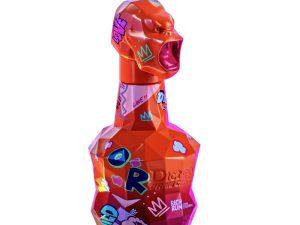 Select options This product has multiple variants. The options may be chosen on the product page Wishlist₦220,000.00
Select options This product has multiple variants. The options may be chosen on the product page Wishlist₦220,000.00 -
 Select options This product has multiple variants. The options may be chosen on the product page WishlistFrom: ₦111,666.00
Select options This product has multiple variants. The options may be chosen on the product page WishlistFrom: ₦111,666.00 -
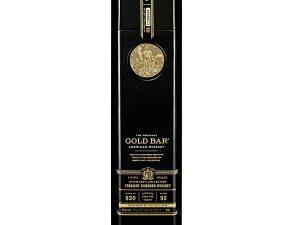 Select options This product has multiple variants. The options may be chosen on the product page WishlistFrom: ₦111,666.00
Select options This product has multiple variants. The options may be chosen on the product page WishlistFrom: ₦111,666.00 -
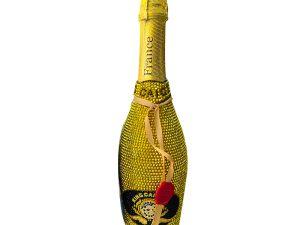 Select options This product has multiple variants. The options may be chosen on the product page WishlistFrom: ₦37,500.00
Select options This product has multiple variants. The options may be chosen on the product page WishlistFrom: ₦37,500.00 -
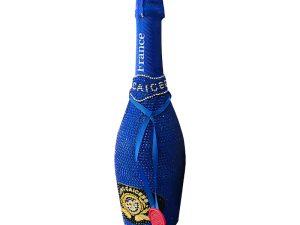 Select options This product has multiple variants. The options may be chosen on the product page WishlistFrom: ₦37,500.00
Select options This product has multiple variants. The options may be chosen on the product page WishlistFrom: ₦37,500.00 -
 Select options This product has multiple variants. The options may be chosen on the product page WishlistFrom: ₦175,000.00
Select options This product has multiple variants. The options may be chosen on the product page WishlistFrom: ₦175,000.00 -
 Select options This product has multiple variants. The options may be chosen on the product page WishlistFrom: ₦90,000.00
Select options This product has multiple variants. The options may be chosen on the product page WishlistFrom: ₦90,000.00 -
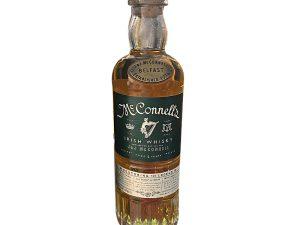 Select options This product has multiple variants. The options may be chosen on the product page WishlistFrom: ₦44,166.00
Select options This product has multiple variants. The options may be chosen on the product page WishlistFrom: ₦44,166.00

